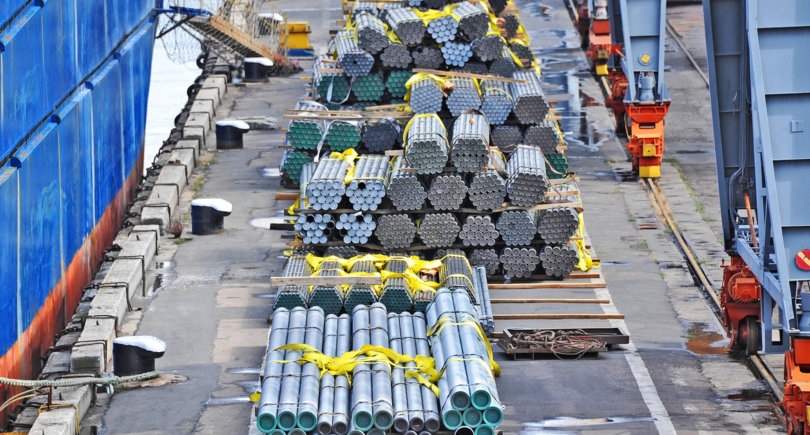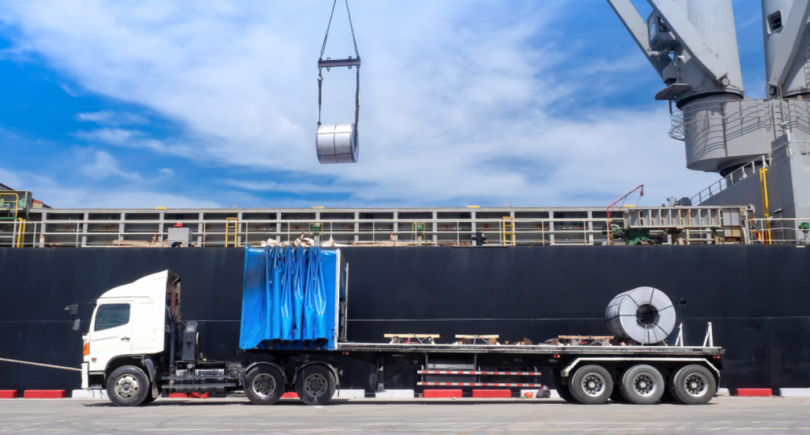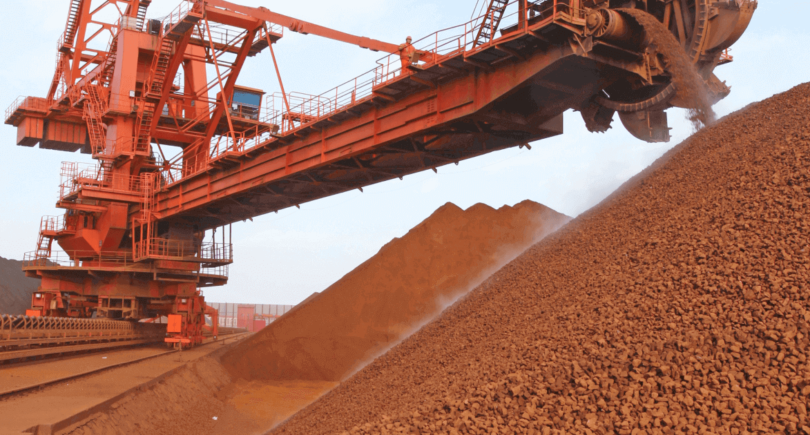
News Global Market EU 1191 25 July 2023
The National Recovery Plan is an opportunity to restart the country's industry
Bureaucratic delays for Italian infrastructure projects funded by the National Pandemic Recovery Plan (PNRR) could result to not being completed. This is warned by the national association Assofermet, which unites distributors of scrap, raw materials and steel products, writes Quotidiano Sociale.
According to the association, the PNRR scheme will bring great benefits to the Italian and international economy, the country’s steel industry and other sectors. Many associated companies can participate in the contracts envisaged by the plan, and Assofermet members will be able to play a leading role as suppliers, in particular for construction.
Assofermet notes that Italy should speed up the process of launching projects.
“The government will have to be more prepared and organized both to receive the fourth tranche and to manage the huge resources available,” the association notes.
Last year, thanks to the simplification of document flow, some railway and port infrastructure development projects received funding and are being implemented. The acceleration of PNRR procedures will improve the situation in the Italian economy, in which infrastructure is of great strategic importance.
The Association also considers the development of green hydrogen projects to be the right direction for the energy transition. Italy has promised to develop several hydrogen regions, which will contribute to the decarbonization of the steel industry.
“If Italy manages to better decarbonize steel industry than other countries, Italian products will be more competitive both in the EU markets and outside the EU,” the association concluded.
In 2023, through PNRR, Italy should receive the third and fourth tranches from the EU for a total of €35 billion. In early July, the country made changes to the targets for the fourth part of the financing in order to invite him.
As GMK Center reported earlier, the European Commission allocated over €3.6 billion ($4.0 billion) for large-scale clean technology projects across a range of industries. They will be financed through the EU Innovation Fund from emissions trading revenues.




